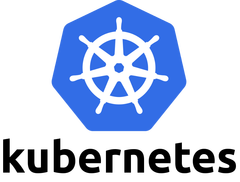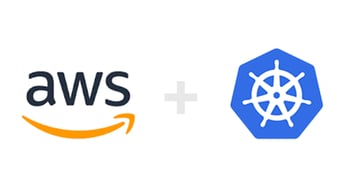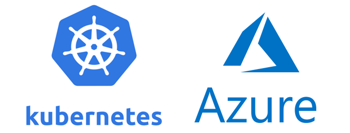CloudOps with Kubernetes Monitoring: A Powerful Combination
Summary
Monitor multiple Kubernetes environments across multiple AWS and Azure deployments all in one place. Monitoring Kubernetes across cloud providers just became a lot easier using CloudOps as your Kubernetes monitoring tool.
Kubernetes monitoring is now available in CloudOps
CloudOps Monitoring now supports monitoring of Kubernetes Cluster Worker Nodes (both managed and unmanaged). The worker node monitoring supports both Azure's AKS and AWS' EKS managed Kubernetes Clusters as well as self-provisioned clusters such as those created with Kubeadm.
This means that within the CloudOps unified cloud management portal you can now monitor your Kubernetes clusters and review the health (both live and historic) of your Kubernetes environments in AWS & Azure all in one place.
CloudOps Kubernetes monitoring screenshots
A few screen shots of the new Kubernetes monitoring dashboards
- Kubernetes monitoring for multiple clusters
- Plug and play Kubernetes monitoring for AWS & Azure
- Monitor multiple Kubernetes clusters across multiple regions and cloud providers
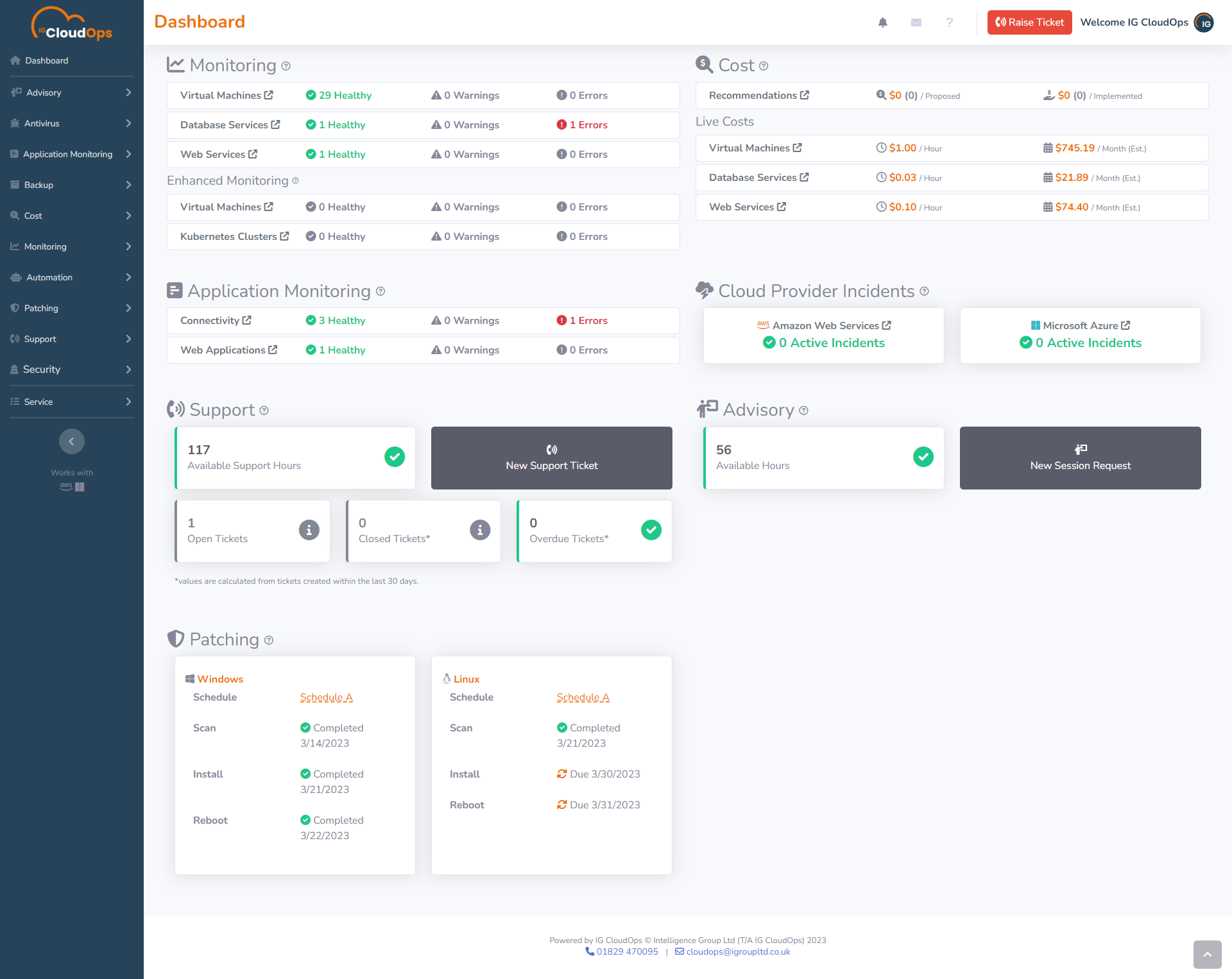
CloudOps now includes Kubernetes cluster monitoring on the home page dashboard

Monitoring services overview updated with Kubernetes monitoring

Kubernetes Nodes with full monitoring across multiple regions and providers (AWS & Azure)

Full Kubernetes cluster monitoring tool
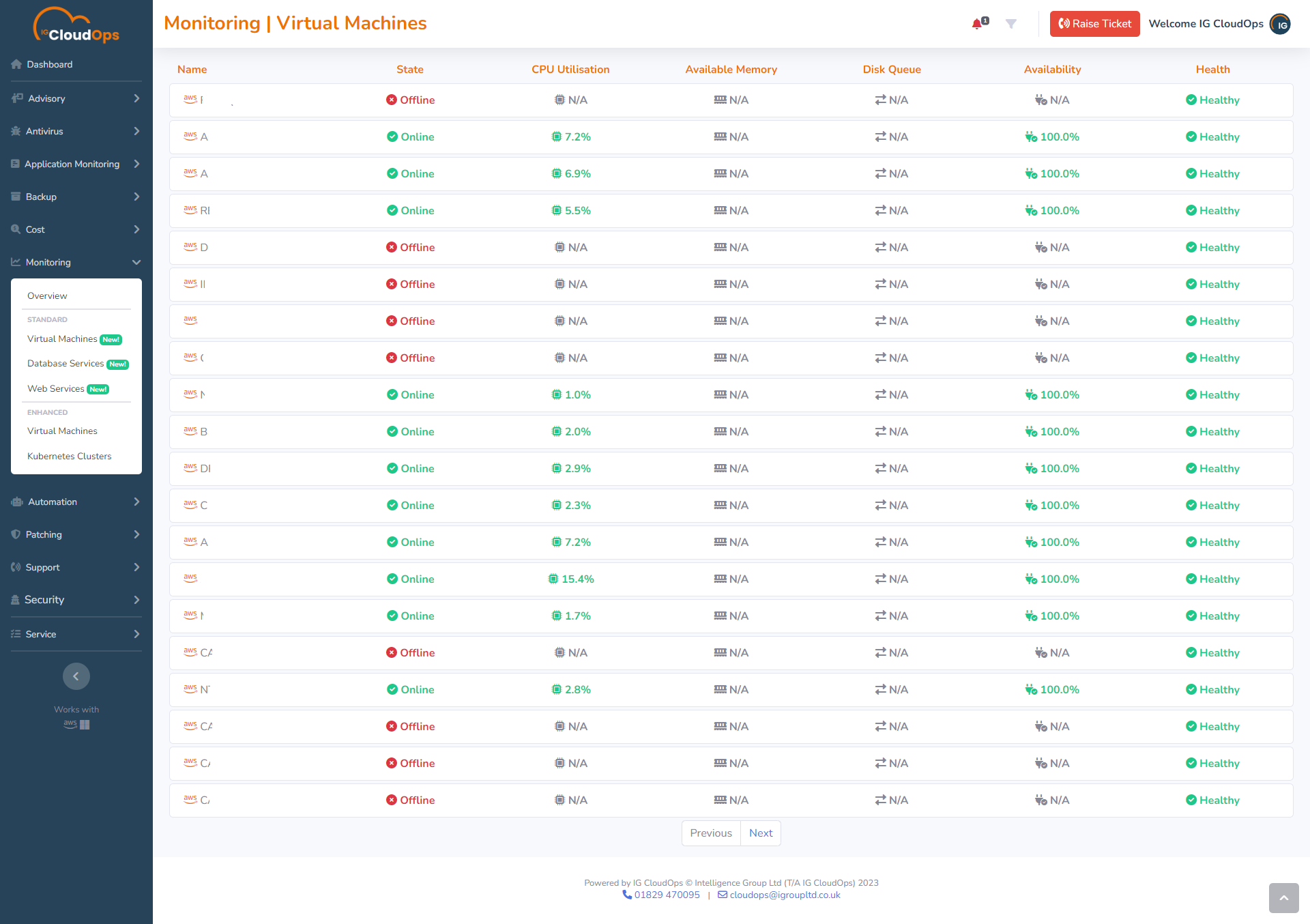
Also full (EC2) virtual machine monitoring included as standard across multiple providers / regions





What is CloudOps Kubernetes monitoring?
CloudOps is a unified cloud management portal that provides users with the ability to monitor and manage their AWS and Azure deployments in one place. CloudOps provides users with live and historical metrics for their deployments, as well as the ability to set up alerts and notifications for when specific conditions are met.
CloudOps also provides a number of features specifically for Kubernetes monitoring, including the ability to deploy the CloudOps agent directly to Kubernetes clusters and the ability to review the health of Kubernetes worker nodes in one place across multiple AWS & Azure cloud deployments.
CloudOps Kubernetes monitoring features
- Supports both AWS' Elastic Kubernetes Service Clusters (EKS) and Azure Kubernetes Service Clusters (AKS)
- Allows identifying/labelling clusters with a custom name for viewing within CloudOps
- Monitoring is deployed directly to your Clusters as a DaemonSet resource using Kubernetes manifests and reports under each worker node's hostname for easy identification
- Therefore, there is no requirement to have access to the node's Operating System, allowing managed nodes to also be monitored
- Provides the same level and features of CloudOps monitoring as Virtual Machines (EC2 on AWS) for each worker node, including live and historical metrics retained for 1 year
- Dedicated Kubernetes dashboard where you can view all your Kubernetes deployments in one place and check their live health status

Case study:
Oak Software
Choosing the right AWS Partner for existing AWS infrastructure.
How the right cloud management service can improve security & performance for the subscription management of over 1000 publications annually.
The background: What is Kubernetes?
Kubernetes is an open-source system for automating the deployment, scaling, and management of containerized applications. It was originally designed by Google, and is now maintained by the Cloud Native Computing Foundation. Kubernetes can be used to manage containers on a variety of platforms, including public clouds such as AWS and Azure, private clouds such as OpenStack, and even on-premise data centres.
Kubernetes is primarily a container orchestration tool similar to Docker Swarm or Apache Mesos.
What are Elastic Kubernetes Service Clusters (EKS) on Amazon Web Services?
Elastic Kubernetes Service Clusters (EKS) are a managed Kubernetes service provided by Amazon Web Services. EKS allows users to deploy and manage Kubernetes clusters in the AWS cloud. EKS is built on top of AWS' popular EC2 service, and provides users with all of the features and benefits of Kubernetes, without the need to manage the underlying infrastructure.
Click the image below for more information about Kubernetes from AWS
What are Kubernetes Service Clusters (AKS) on Microsoft Azure?
Azure Kubernetes Service Clusters (AKS) are a managed Kubernetes service provided by Microsoft Azure. AKS allows users to deploy and manage Kubernetes clusters in the Azure cloud. AKS is built on top of Azure's popular Virtual Machines service, and provides users with all of the features and benefits of Kubernetes, without the need to manage the underlying infrastructure.
Click the image below for more information about Kubernetes from Microsoft.
Why is Kubernetes becoming so popular for containerized application development?
Kubernetes is becoming so popular for containerized application development because it offers a number of benefits over other container orchestration tools. These benefits include
- The ability to manage containers on a variety of platforms, including public clouds such as AWS and Azure, private clouds such as OpenStack, and even on-premise data centres.
- The ability to scale applications horizontally by adding more nodes to a Kubernetes cluster
- The ability to roll out updates to applications quickly and easily
- The ability to roll back updates if necessary
- The ability to automatically restart failed containers
- The ability to transparently load balance traffic between containers
Why do you need Kubernetes monitoring?
Kubernetes is a powerful system for automating the deployment, scaling, and management of containerized applications. However, in order to be effective, it is important to monitor your Kubernetes clusters to ensure that they are healthy and performing as expected.
IG CloudOps' monitoring solution now includes support for monitoring Kubernetes clusters. This means that you can now use CloudOps to monitor your Kubernetes clusters in AWS and Azure in one place. CloudOps provides the same level and features of monitoring for Kubernetes clusters as it does for Virtual Machines (EC2 on AWS).
Why was Kubernetes monitoring a priority for CloudOps?
CloudOps already has monitoring for virtual machines in Amazon AWS (EC2 instances) and Microsoft Azure so the next logical step was to expand the monitoring capabilities which are available in the portal. Our customers were asking for it and with containers and Kubernetes being so popular, we wanted to make sure that CloudOps was able to support Kubernetes monitoring.
The CloudOps cost management module already supports Kubernetes and a host of other services. So we wanted to extend this to the monitoring module. This will mean that you can use CloudOps to monitor your Kubernetes clusters in AWS and Azure in one place.

Book a Test Drive Online - The test drive is not a software demo, it’s a briefing before we hand you the keys!
There are many advantages of test driving a product before you buy it and at IG, we would strongly suggest that you test drive before you buy.
Whether you’re looking at putting in place cloud support or reducing the cost of your cloud infrastructure, working with a new cloud partner and implementing cloud management software is a big step.
Getting as much information about how we will work with you and accelerate your AWS & Azure deployments helps you make that step with confidence.
CloudOps is designed specifically to give you full transparency, control, and support, for your cloud infrastructure.
Get in touch with a member of our team to learn more, and we’d be happy to help!

Steve Rastall - Managing Director
Get in touch:Steve.Rastall@igcloudops.com


